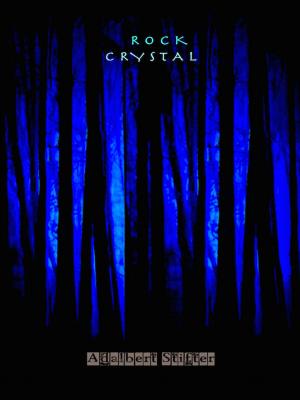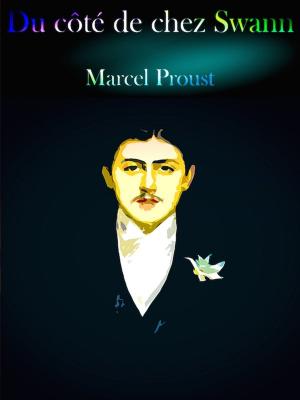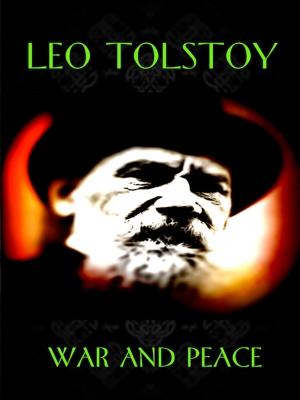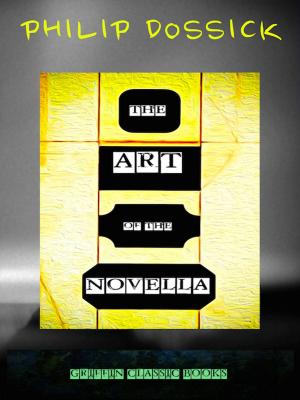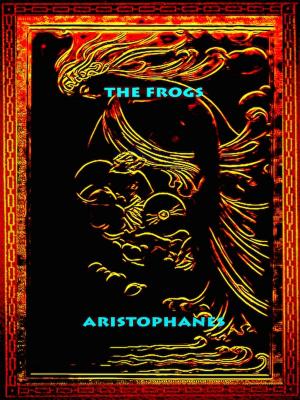| Author: | Lao Tzu | ISBN: | 1230001299397 |
| Publisher: | Editions Artisan Devereaux LLC | Publication: | August 3, 2016 |
| Imprint: | Language: | English |
| Author: | Lao Tzu |
| ISBN: | 1230001299397 |
| Publisher: | Editions Artisan Devereaux LLC |
| Publication: | August 3, 2016 |
| Imprint: | |
| Language: | English |
Second only to the Bible, the Dao De Jing (or Tao Te Ching) is the most translated work in world literature.
Allied to the Bible, the Quran, and the dialogues of Plato, the Dao De Jing is the purest scripture of Daoism.
Modern philosophers, such as Sartre, Nietzsche, Heidegger and Jung have been influenced by the thoughts of Dao De Jing.
Taoist texts often emphasize divine rewards (and punishments) that affect both one's lifespan and destiny in the hereafter.
They have taught people to reduce the philosophical, ideological, and cultural gaps that lie between us—especially between east and west.
The brief, haunting verses of the Dao De Jing have fascinated, inspired, and mystified millions of readers down through the centuries, preaching the virtues of inner hygiene that have become popular throughout the Orient: i.e. through proper diet and exercise and by regulating one’s breathing we open the inner channels of the body to nature's most vital forces.
LAO TZU (also Laozi and Lao-Tzu) was an ancient Chinese writer and philosopher, thought to have lived in the 6th century BC. A central figure in Chinese culture, he was the founder of Taoism. As Taoism took root, Lao Tzu was worshipped as a god. Belief in the revelation of the Tao from the divine Lao Tzu resulted in the formation of the Way of the Celestial Master, the first organized religious Taoist sect. During the Tang Dynasty, he was awarded the title "Supremely Mysterious and Primordial Emperor."
Second only to the Bible, the Dao De Jing (or Tao Te Ching) is the most translated work in world literature.
Allied to the Bible, the Quran, and the dialogues of Plato, the Dao De Jing is the purest scripture of Daoism.
Modern philosophers, such as Sartre, Nietzsche, Heidegger and Jung have been influenced by the thoughts of Dao De Jing.
Taoist texts often emphasize divine rewards (and punishments) that affect both one's lifespan and destiny in the hereafter.
They have taught people to reduce the philosophical, ideological, and cultural gaps that lie between us—especially between east and west.
The brief, haunting verses of the Dao De Jing have fascinated, inspired, and mystified millions of readers down through the centuries, preaching the virtues of inner hygiene that have become popular throughout the Orient: i.e. through proper diet and exercise and by regulating one’s breathing we open the inner channels of the body to nature's most vital forces.
LAO TZU (also Laozi and Lao-Tzu) was an ancient Chinese writer and philosopher, thought to have lived in the 6th century BC. A central figure in Chinese culture, he was the founder of Taoism. As Taoism took root, Lao Tzu was worshipped as a god. Belief in the revelation of the Tao from the divine Lao Tzu resulted in the formation of the Way of the Celestial Master, the first organized religious Taoist sect. During the Tang Dynasty, he was awarded the title "Supremely Mysterious and Primordial Emperor."
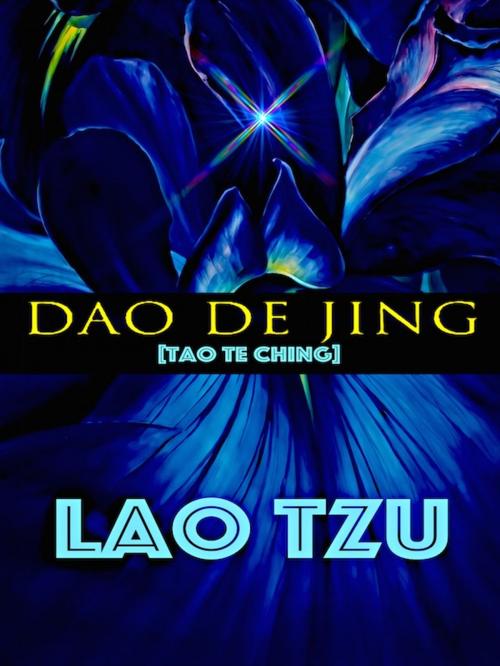
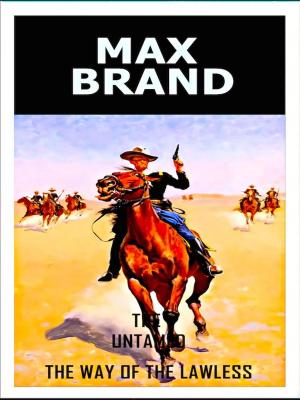
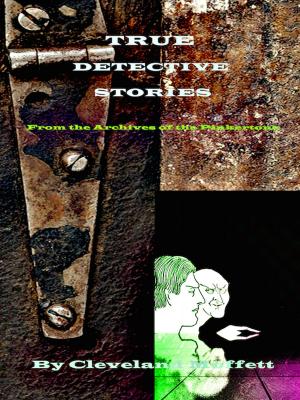
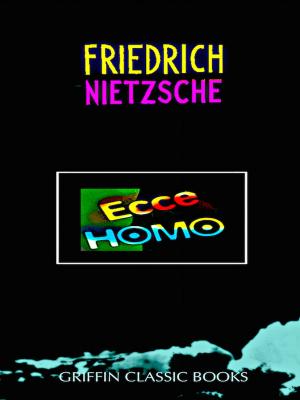
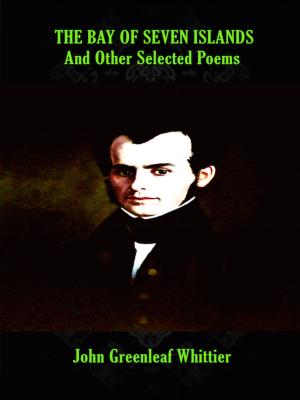
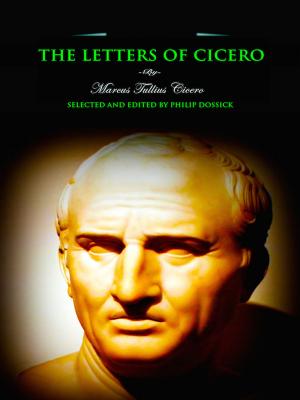

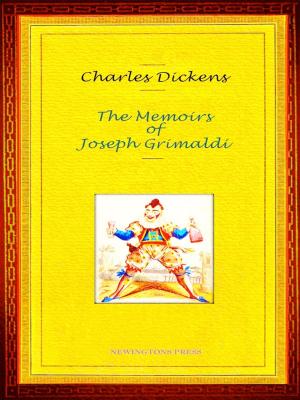
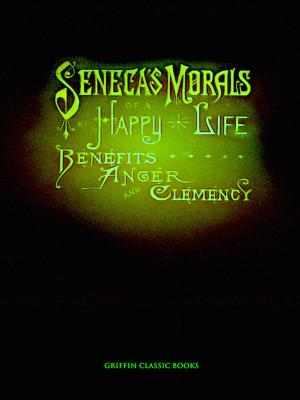

![Cover of the book The Pit [Yama] by Lao Tzu](https://www.kuoky.com/images/2018/april/300x300/1230002286655-LtGI_300x.jpg)
